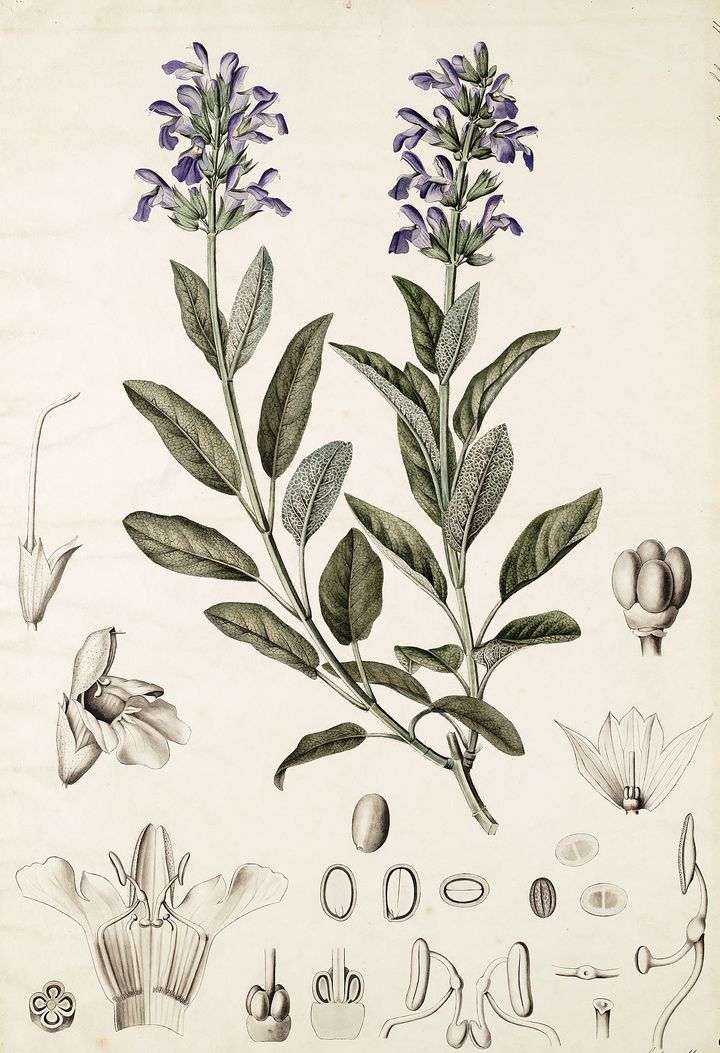Herbs and Their Uses in Alchemy

Alchemy, the precursor to modern chemistry, has been an essential part of human history. It's a discipline that combines science, philosophy, and spirituality. One of the most fascinating aspects of alchemy is the use of herbs. In this blog post, we will explore five herbs - Rosemary, Hyssop, Oregano, Motherwort, and Burdock - and their uses in alchemy.
Rosemary in Alchemy

Rosemary, a perennial herb with fragrant, evergreen, needle-like leaves, has been used in alchemy for centuries. It is believed to have protective qualities and is often used in alchemical rituals for purification and protection.
Did you know? Rosemary was often used in "incense of the art," a mixture burned in alchemical operations. It was believed to attract positive influences and banish negativity.
Hyssop in Alchemy

Hyssop, a herbaceous plant of the mint family, is another herb commonly used in alchemy. It is known for its purifying and cleansing properties.
In the world of alchemy, Hyssop is often used in rituals for spiritual purification. It's also used in the creation of protective amulets and charms. Hyssop essential oil, with its uplifting, energizing, and refreshing properties, is used in various alchemical concoctions.
Oregano in Alchemy

Oregano, a herb used widely in cooking, also has a place in alchemy. It is believed to have powerful healing properties.
The essential oils in Oregano contain compounds like thymol, ocimene, and carvacrol, which have antioxidant and anti-inflammatory properties. These compounds are often used in alchemical preparations for their potential health benefits.
Did you know? Oregano is not just a culinary herb. It makes a nice edging plant and ground cover, requiring little maintenance. The smaller varieties also do well in rock and alpine gardens.
Motherwort in Alchemy
Motherwort, a plant in the mint family, is known for its healing properties. In alchemy, it is often used for its calming effects and to promote emotional balance. It is also believed to enhance fertility, hence the name "Motherwort."
Burdock in Alchemy

Burdock is a sturdy biennial plant with large leaves and purple flower heads. In alchemy, Burdock is used for its purifying properties. It is considered an "alternative," or a herb that helps cleanse the blood and remove metabolic waste from the body. This makes it an excellent herb for detoxification rituals and preparations.
Did you know? Burdock has been used as both food and medicine. The roots are nutrient-dense and can support chronic issues, while the leaves are often used for topical issues.
Conclusion
Herbs play a significant role in alchemy, providing a connection between the physical and spiritual realms. They are used in various alchemical operations, from rituals and spells to the creation of medicines and elixirs. The use of herbs like Rosemary, Hyssop, Oregano, Motherwort, and Burdock in alchemy highlights the rich and fascinating history of this ancient practice. As we continue to explore the world of alchemy, we find that these ancient practices still hold relevance and offer valuable insights today.




